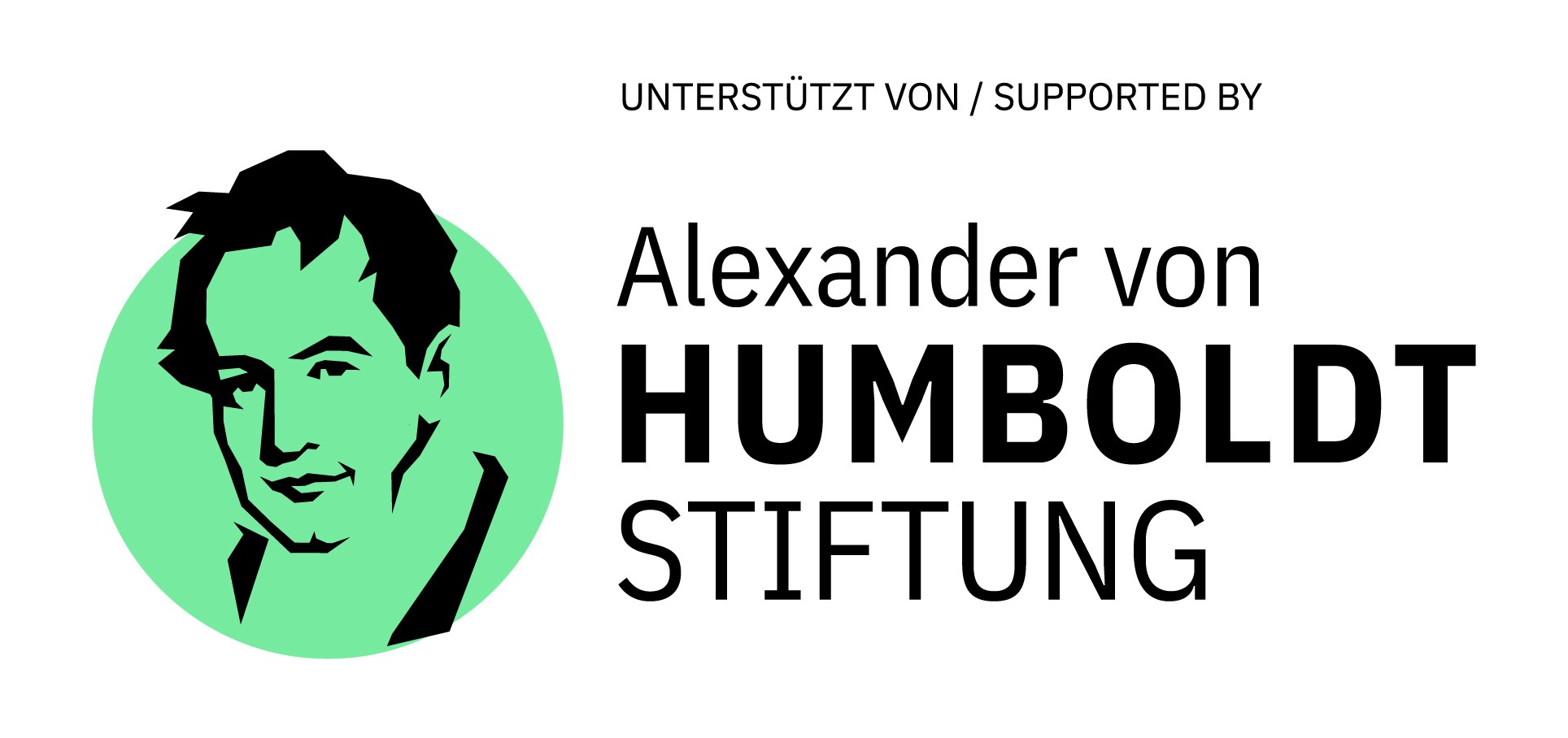Fächer
- Altes Testament
- Neues Testament
- Kirchengeschichte
- Systematische Theologie
- Praktische Theologie
- Religionspädagogik
- Religionswissenschaft
- Martin-Buber-Professur
- Profil
- Aktuelles
- Personen
- Forschung und Projekte
- Zerbrechliche Nachbarschaft. Gedenkbuch der Synagogen und jüdischen Gemeinden in Hessen
- Editionsprojekt: Die Korrespondenz des Breslauer Historikers Markus Brann
- Buber-Korrespondenzen Digital: Das dialogische Prinzip in Martin Bubers Gelehrten- und Intellektuellennetzwerken im 20. Jahrhundert (BKD)
- Theodor Herzls dramatisches Werk. Eine kommentierte Edition seiner Stücke
- Narrating Jerusalem: Cultural Explorations of a Contested City
- Die Toten unter den Lebenden: Jüdische Trauerpraktiken nach der Shoah
- Jewish Translation in Early Modern Europe
- Emigration from Paradise: Home, Fate, and Nation in Post-World War I Jewish Hungary
- In Pursuit of Knowing: Nineteenth-Century Jewish Education and the Transformation of Jewish Knowledge
- Hebräische Entdeckung: Lesekultur deutschsprachiger Juden*Jüdinnen in den 1920er und 1930er Jahren
- Die historische Semantik der Buber-Rosenzweig-Bibel
- Der Kolonialismus und die Juden in Deutschland, 1880-1918
- Zionismusgeschichte und postcolonial studies: Historische und methodische Konvergenzen
- Die Solidarität der „Gemeinschaftsfremden“
- Postcolonial Studies, Nationalsozialismus und Holocaust
- Margarete-Susman-Briefedition
- Margarete Susman - Gedichtvertonungen
- Grenzgänge: Faktuales und fiktionales Erzählen in der deutschsprachigen jüdischen Literatur
- Grenzgänge: Faktuales und fiktionales Erzählen in der deutschsprachigen jüdischen Literatur
- The Writing of Self and History: Jewish Historians’ Autobiographies in the Late Twentieth Century
- Nationality and Citizenship in the light of Nationalhumanismus
- Biologische Identität im Judentum der Weimarer Republik
- Hannah Arendts politische Kierkegaard-Rezeption
- Richard Lichtheim (1885-1963). Eine politische Biographie
- Die Philosophie Siegfried Kracauers
- Relationales Denken und (Hebräische) Bibel: Bonhoeffer und Heschel
- Deutsche und italienische Wissenschaft des Judentums im 19. Jhdt.
- Abgeschlossene Projekte
- Veranstaltungen und Konferenzen
- Publikationen
- Lehre
- Martin Buber-Professur auf Facebook (externer Link)
Nationality and Citizenship in the light of Nationalhumanismus. An attempt of reshaping Zionism after the World War I
Research project by Dr. Stefania Ragaù |
 |
The research deals with the notion of Nationalhumanismus, a neologism that some Zionist thinkers — including Hans Kohn (1891-1971), Felix Weltsch (1884-1964), and Max Brod (1884-1968) — used in their writings at the beginning of the 1930s in order to concentrate «on the creative rather than destructive elements of nationalism» (S. Spector, 2004). With the exception of George L. Mosse and more recently Scoot Spector, this topic represents a historical matter that historians have not yet sufficiently dealt with. According to Mosse, Nationalhumanismus represented an example of «good nationalism» in contraposition to the rise of the Revisionist Movement.
This kind of interpretation is pretty questionable, since it is founded on a teleological perspective which considers history as a regressive process. Thus, in order to avoid such teleological readings, this research focuses on the core-questions of nationality, citizenship, and belonging within the territories of the Habsburg Empire after its dissolution. In particular, the investigation concentrates itself on the political-philosophical elaborations of German speaking Jewish intellectuals in Prague during the interwar period. The main goal is to compare some of the recurring elements of empires (territory, religion, belonging), asking to what extent Zionism did share these attributes, and what the legacy of the imperial structure in the new Czechoslovak Republic was. Moreover, the project aims to examine the notion of national humanism in light of the idea of Jewish national autonomy promoted by Simon Dubnow, Karl Renner and Otto Bauer. In doing so, I am focusing on the study of archival materials (diaries, letters, drafting papers), periodical journals, and printed sources which are located in university archives or special collections, or privately owned collections.



